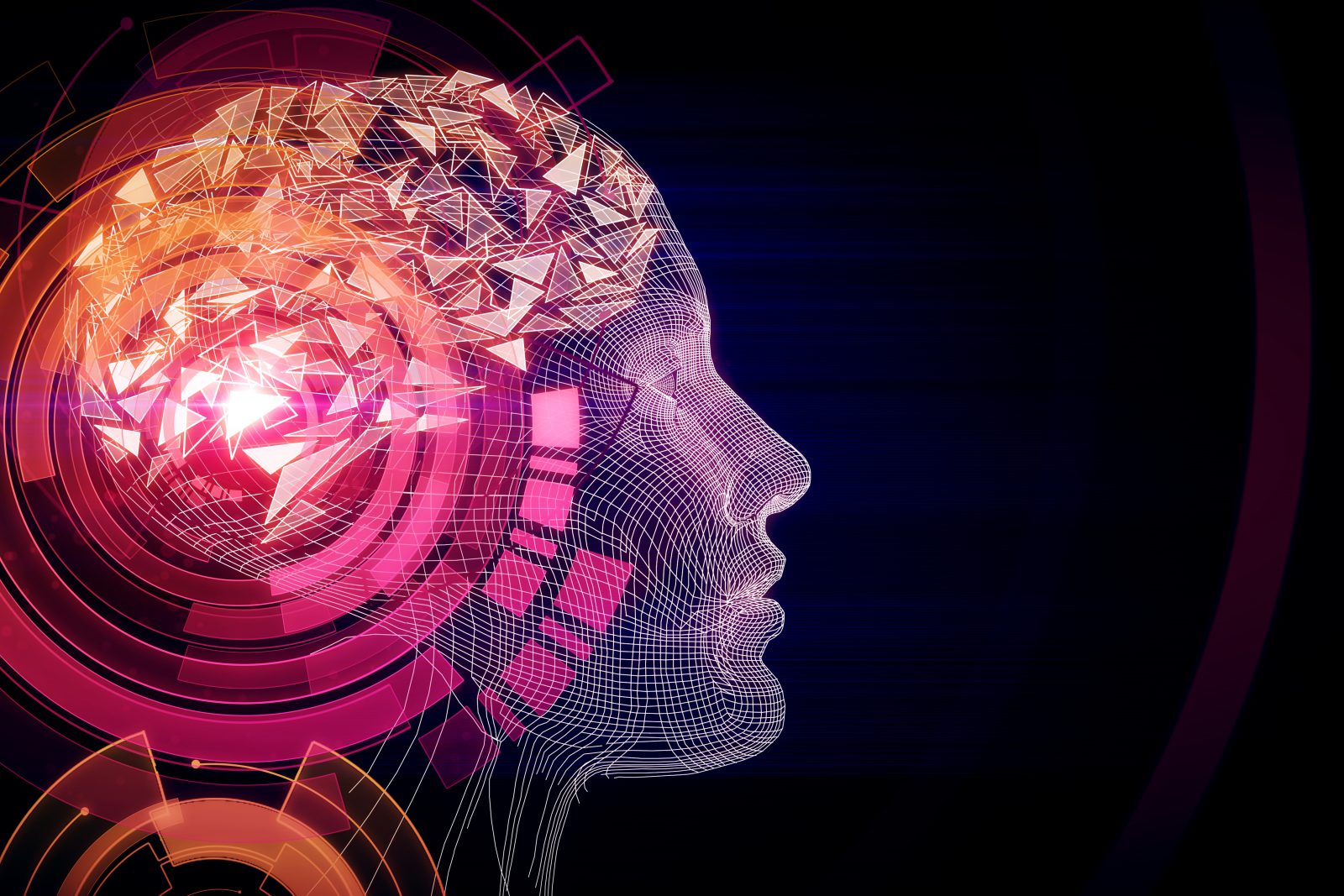Bob Marks on Why AI Won’t Destroy the World, or Save It
Today’s ID the Future dives into the controversial realm of artificial intelligence (AI). Will robots or other computers ever become so fast and powerful that they become conscious, creative, and free? Will they reach a point where they can create faster and better AI, which will create faster and better AI, and quickly leave humanity in the dust? To shed light on these and other questions swirling around the exciting field of AI, host Casey Luskin interviews computer engineering professor Robert J. Marks, head of the Walter Bradley Center for Natural and Artificial Intelligence.
In the course of the fast-paced interview, Marks touches on dystopian AI and the limits of computer algorithms (they can never do anything that is inherently non-computable, Marks argues), and discuss celebrity thinkers and entrepreneurs who’ve weighed in on the promises and perils of AI, such as Mark Zuckerberg, Elon Musk, Bill Gates, and Stephen Hawking. Marks calls on Nobel Laureate Roger Penrose to second one of Marks’s central arguments.
The occasion for the conversation is Marks’s chapter in the recent Harvest House anthology, The Comprehensive Guide to Science and Faith. Marks and Luskin also touch on Marks’s work assessing computer programs designed to try to demonstrate the efficacy of mindless evolutionary mechanisms to produce dramatic evolutionary innovations in the history of life. Marks is skeptical that these programs demonstrate any such thing, and indeed, argues that they tend to demonstrate just the opposite. He lays out the reasons for his skepticism in a new video course at DiscoveryU.org. Check it out.
